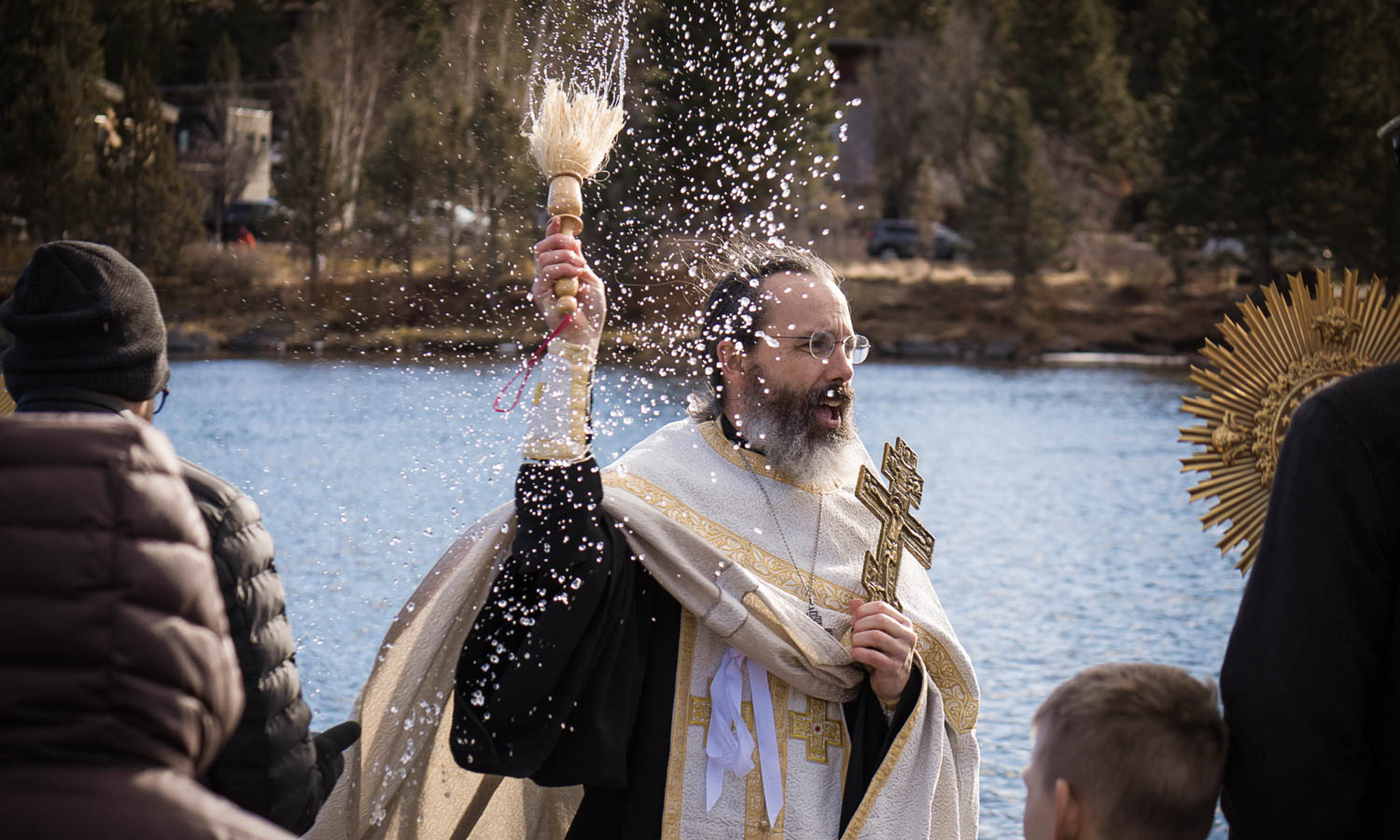If any of us were asked to define it, we likely would not give a very biblical answer…or a very Christian answer. And by “Christian” I mean, defining it as Christ does in the words of the Gospel reading this Sunday.
Now this is eternal life: that they know you, the only true God, and Jesus Christ, whom you have sent.
Knowing God is eternal life. If eternal life were just living forever, as a matter of length of time, then those in hell, those in punishment, those outside of the grace of God, also have eternal life. That is forever, too, but obviously not what Christ means by “eternal life”. Eternal life is not about length of time.
Continue reading “What Is Eternal Life”